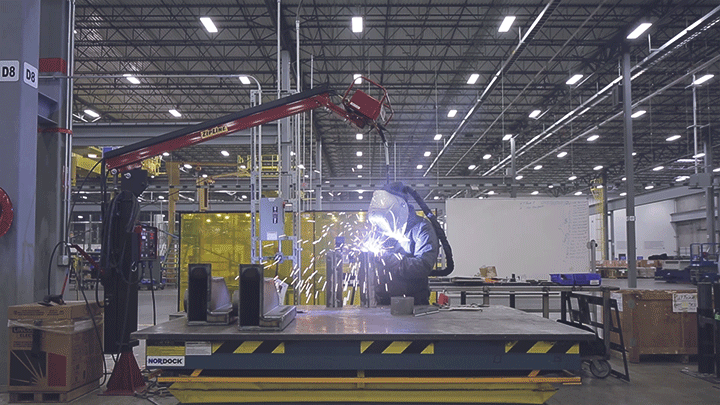Our world has, in some senses, growing smaller. There are fewer and fewer unexplored corners or new oil fields, and the world’s energy needs are only rising. This makes it increasingly important for companies to extend the lives of their existing reservoirs, extracting every possible drop from each oil field to extract the billions of barrels of already discovered oil that has been impossible to reach – until now.
Thermal Enhanced Oil Recovery (TEOR): an opportunity
Traditionally, companies have relied upon primary and secondary extraction to recover oil from wells. Still, according to U.S. Department of Energy studies, this leaves half to three-quarters of the total oil reserve behind. Given this low level of efficiency, companies have turned to enhanced oil recovery (EOR) in recent years.
Unlike the primary and secondary methods, which simply displace oil to the surface or extract what’s already there, EOR relies upon changing the oil’s properties to facilitate significant extraction. There are multiple methods for accomplishing this, generally falling into three main categories: thermal recovery, gas injection, and chemical injection, though there are less common microbial and novel options as well.
Thermal EOR (TEOR) is the primary EOR process for heavy oil extraction and one of the most common in the United States, accounting for over 40% of its EOR production. [1] It seeks to reduce oil viscosity to allow easier flow to the surface by introducing heat on the reservoir level, most commonly by introducing steam.
However, it is not without its challenges. For instance, this process has historically required a relatively large surface footprint, demanded a great deal of water, and resulted in carbon dioxide emissions from the steam generation process – as well as significant capital investments. Its relative newness and high costs meant many companies did not want to use these solutions. But some of this is beginning to change.
TEOR has undergone a transformation, and this process of innovation and improvement is something I am passionate about. Therefore, I believe that reducing startup costs, run time, and feedwater usage are essential to ensuring we maximize recovery in every oil field. Also, limiting the environmental impact of extraction throughout the process.
TEOR Solutions to enhance cost efficiency and environmental impact
Indeed, the name of the game is “efficiency.” The less room a solution requires, the less water it needs. Similarly, the less time it needs to run, the better it will be for total costs and environmental impact. This has been the challenge Nakasawa Resources took on with some of its latest innovations, the Super Matroid Heater and Super Matroid Cyclone. For instance, they seek to turn TEOR into a mobile, cost-efficient, high-efficiency solution.
To that end, it provides a steam quality of at least 95%; uses 12% less feedwater and fuel gas; and increases oil production by over 15% compared to conventional OTSG techniques. In fact, all while saving up to 25% in operational costs and streamlining the entire process.
Though it may not sound imperative, steam is at the core of many TEOR solutions. So, any improvements in its usage cascade throughout the project. Higher quality steam can result in significant improvements to crude oil production and substantial reductions in feedwater usage. Modern solutions even avoid generating waste or effluents that could damage the local environment. Particularly, where steam injection operations are performed and reduce greenhouse gasses’ concentration.
Efficiency, optimization, and environmental focus are all critical for ensuring the energy industry can meet the growing global energy demands. All of this, while retaining its social license to operate. It is no longer enough to rely on primary and secondary extraction or dismiss environmental concerns. Today’s energy industry needs to be as efficient and green as possible. Thus, that is what the latest TEOR solutions can help companies do. In brief, it is time for us to stop compromising. Also, to make the most of the oil fields we have, down to the last drop.
Consult the original source here

